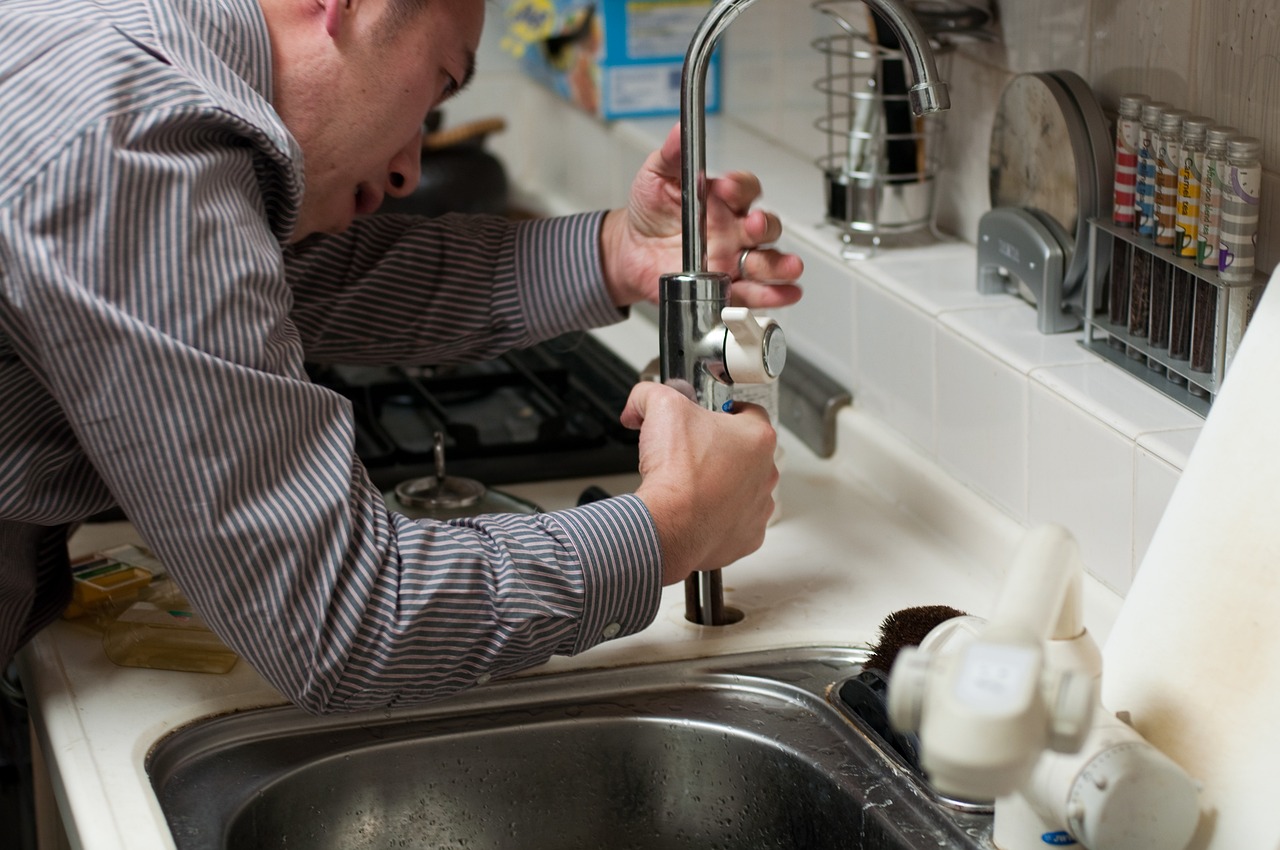
As a landlord you want to keep your repair costs to a minimum as repair costs will impact your bottom-line. Not making repairs could cost you a good tenant, so the cost of not doing repairs can also be high. Setting expectations is the best way to ensure you and your tenant are both happy.
Start with your lease agreement
A detailed lease will be your best bet!. Have an attorney prepare your lease (or Pink Paisley Property Management can assist you with an attorney prepared lease). The lease should stipulate who is responsible for routine maintenance and must include consequences of tenant damage. Most landlords will require tenants to change filters and replace lightbulbs but, if an appliance breaks will want to handle the repairs even if the tenant must pay for the repair. Letting your tenant know this upfront will avoid disputes later.
Expect Normal Wear and Tear
If your tenant resides in the home for several years, it should be expected that there will be some ‘age’ shown on the home. For example there may be scuff marks on walls in high utilized areas and small holes should also be expected. Repairing these items should be considered as the cost of doing business.
Document your home condition at move in and move out
The best way to protect your property is to complete a Property Condition report at time of move in. Take a lot of pictures and or a video if you can. Review the report and pictures with your tenant, inform them that you expect the property to be returned in like condition or they may be in danger of losing at lease a portion of their security deposit as it may be used to cover repairs. Get your tenant to sign & date the document. When your tenant moves out, inspect the property and compare it to the move in condition. You can determine any damage above normal wear and tear to decide how the repairs will be handled.
Inspect and Fix Regularly
We recommend that you inspect your property multiple times during your lease. Pink Paisley Property Management includes two routine inspections with all our management agreements. Regular inspections coupled with routine maintenance avoid surprises at move out and also allow you to get ahead of the issue before it escalates and becomes a more expensive repair item. If your tenant see that you care for the property, they are more likely to take care of it too.
You should also encourage tenants to report issues, make it easy for them to do so. If reporting an issue is a bother or you make a fuss each time they do, tenants will be reluctant to report issues which, if left unresolved can grow into bigger expenses. Once reported, trouble shoot and identify its cause and assign responsibility for the repair accordingly. For example, of a tenants child threw a ball and broke a window, that’s a tenant expense. If the bathroom faucet is leaking, you may determine that this expense is normal wear and tear.



Leave a Reply